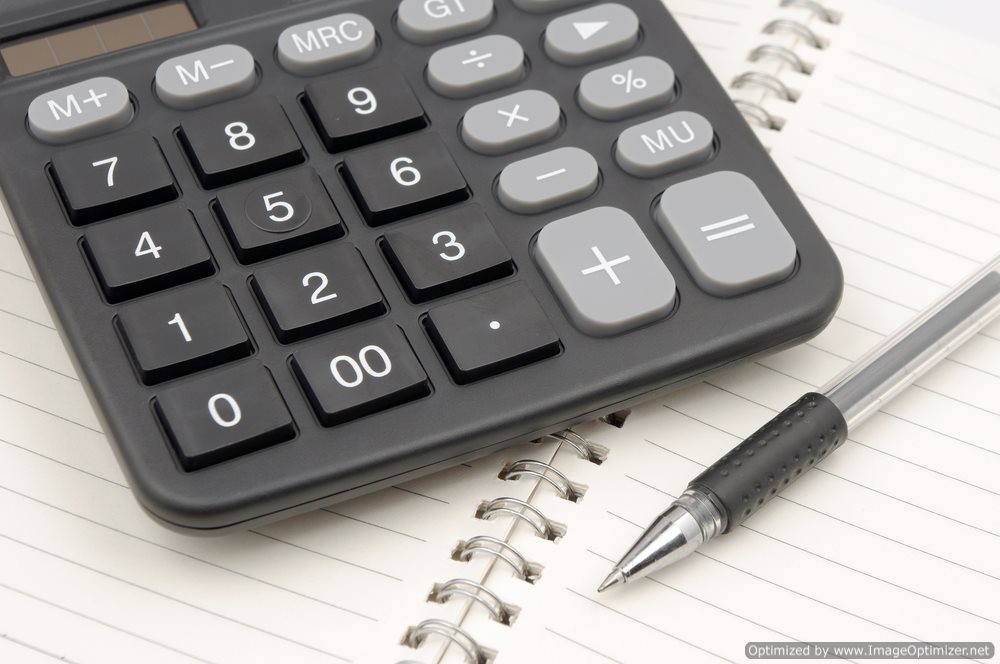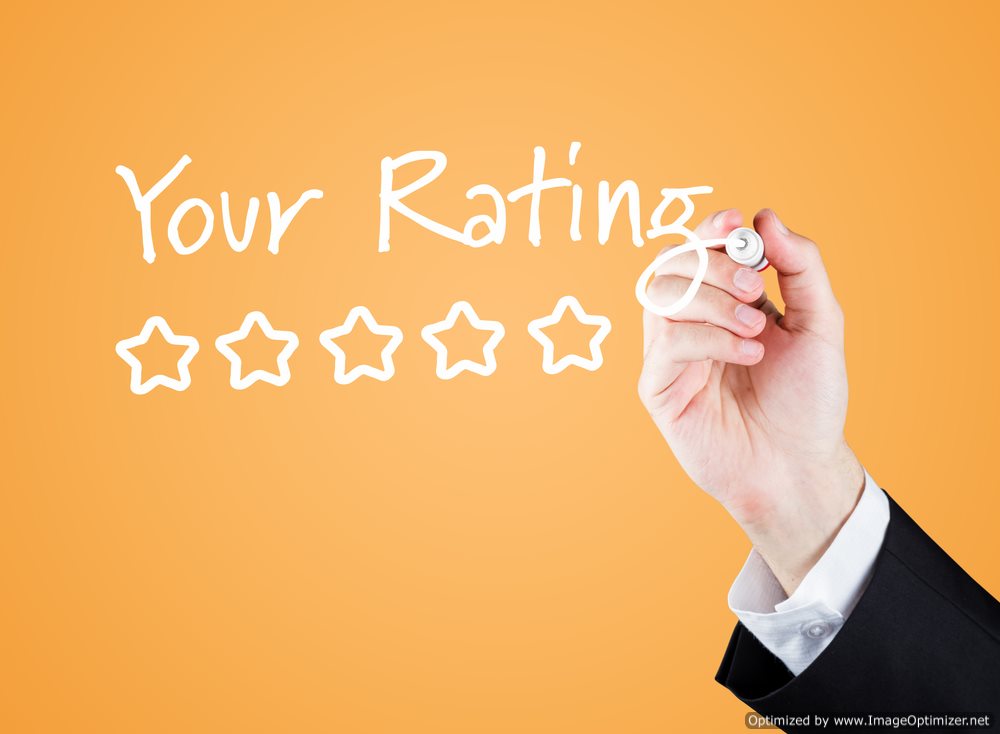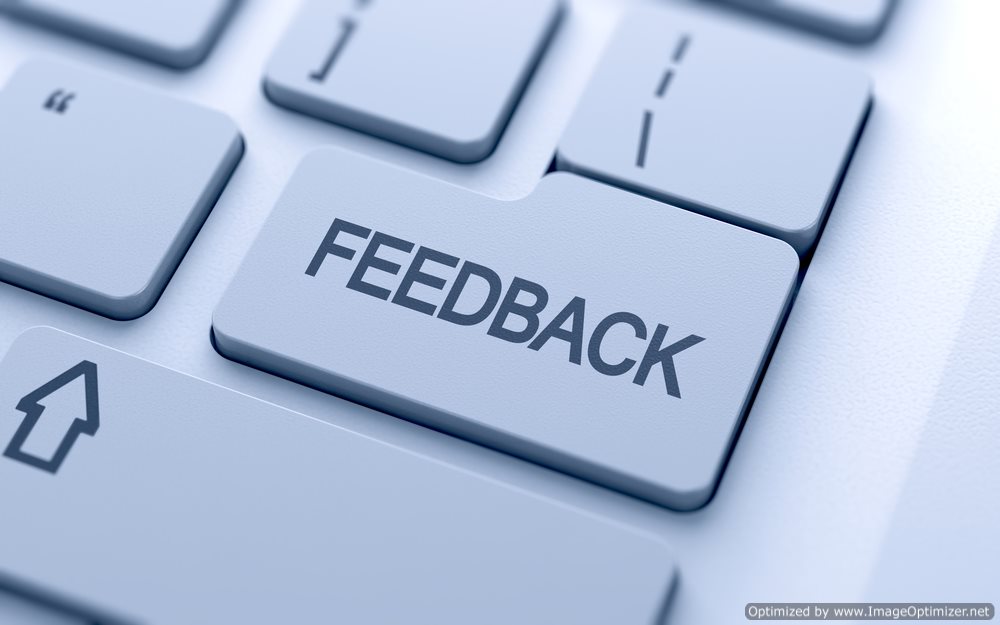Finding Your Law Blog Niche

When it's time to start a law blog for your online legal marketing campaign, it can be hard to know what kind of blog to write. While it's always good to “write what you know,” most attorneys could go in any of several directions for their blog. What's more, it's almost always a good idea to choose a specific style and focus for your blog, instead of trying to do everything. In this guide, let's take a look at a few different types of law blogs. You can choose which type of law blog is right for you based on your own strengths and who you're attempting to market to.
#1: The Current Events Law Blog
One type of law blog that is often popular even with general interest readers is the current events blog. Talking about current events in the law is a popular way for several types of attorneys to get readers and eventually clients.
Typically, people who keep current events law blogs are attorneys who are involved in criminal law, personal injury, and other types of law where there are current news stories fairly consistently. If you tried to have a current events law blog as, for instance, a personal bankruptcy lawyer, you might have a hard time finding enough real news stories about changes to bankruptcy laws and so on to keep a blog. If you think that you have enough material to mine for your blog, go for it.
These blogs can be among the easiest to keep updated, because you'll basically be linking to and commenting on news stories. You can set up alerts on Google News to let you know when stories are published in the media about the area of law you practice, allowing you to get a head start on blogging about those stories.
#2: The Case Analysis Law Blog
Some people think that case analysis blogs and current events blogs are the same, but they're not. While a current events blog will generally discuss recent happenings, including ongoing trials, in a conversational tone, a case analysis blog will generally look at the legal nuts and bolts behind court decisions.
Case analysis blogs are great for the Monday morning quarterbacks of the legal world. Think you could have done better? Talk about the different ways a case could have been resolved. If you're convinced that a judge made a wrong decision, you can talk about why and what the right decision would have been.
#3: The Handy Tips Law Blog
If you're the kind of attorney who always has great practical advice for people before they're involved in a specific legal dispute, you might want to start this type of law blog. Handy tips for consumers can be a great way to get people looking at your blog and is an excellent starting point for search engine marketing and optimization.
For example, if you're a criminal defense attorney, you can talk about how people can make sure that they're not saying too much to police when arrested, and how people can minimize their chances of being arrested during a routine traffic stop. Bankruptcy attorneys can give financial tips and assessments of when it's best to declare bankruptcy. Almost every legal niche has some room for blogs that contain real, easy to understand tips for consumers.
#4: The Lawyer's Lawyer Law Blog
Sometimes, you might not want to market to consumers or even to businesses. Some of the most successful law blogs have been those that are actually tailored to other attorneys. By catering to other lawyers, you may not be directly getting new clients, but you'll get something just as valuable: referrals. Talking to other attorneys is a great way to be able to get clients through word of mouth, one of the most reliable methods of client development.
What's more, you can actually—if people at your firm have the time—run this kind of law blog in addition to one of the other kinds listed here. Since they're targeted toward such different audiences, there's not likely to be a lot of overlap and duplicated effort.
#5: The List Law Blog
One way to get people interested in writing on the internet is to make it in the form of bullet pointed lists—just like this one! So-called “listicle” websites like Cracked.com have made their mark on the online community, and framing your blog as lists of short points makes sure that people who are too busy for in-depth coverage can still read your blog and get something out of it.
#6: The Super Specialized Law Blog
One type of law blog is only for the kind of attorney who specializes in a very narrow legal area. For instance, let's say that you're not just a personal injury attorney, but specifically a dog bite personal injury specialist. If you start a blog, the best kind might be very specifically dog bite related. This can ensure that you're getting exactly the people that you want to click through your search engine marketing efforts.
What's more, you'll usually find that there is less competition among these super specialized law blogs. In fact, you may end up being one of the first few people in your specialty legal field to actually start a blog on the topic.
#7: The Special Interest Law Blog
This type of law blog isn't for a particular legal specialty, but rather for specific types of people. For instance, you could start a blog that was about legal topics pertaining to women, or people from a particular country who had immigrated to the United States. You could also create a law blog that was highly local, and would be primarily of interest to people who lived and worked in your local area.























